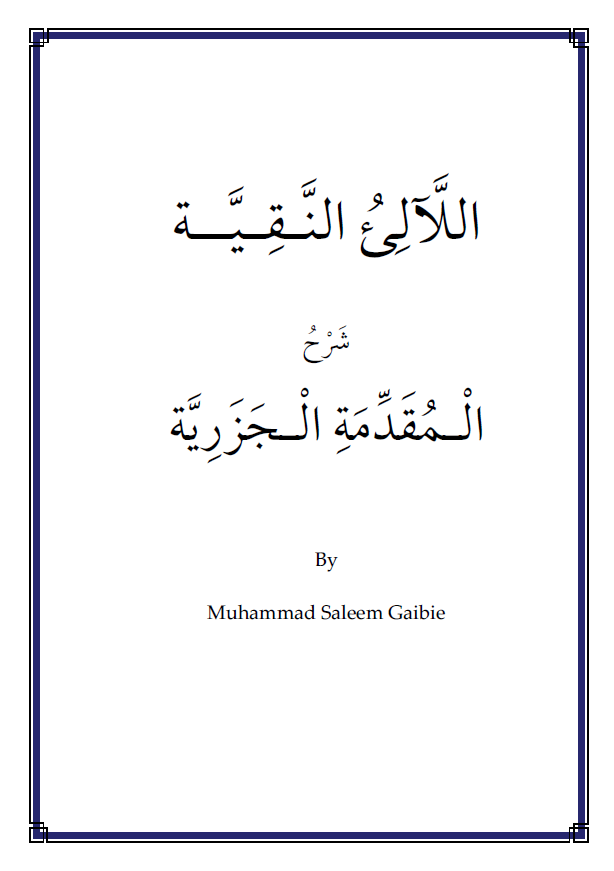Keeping a Beard
I’ve had people recently asking me the ruling for shaving the beard in accordance to my understanding all four schools of thoughts had a consensus that shaving is haram; however, I have read recently that the relied-upon position for the Shāfiʿī madhhab is that it is makrooh (not sinful) to shave the beard. Is this correct?



